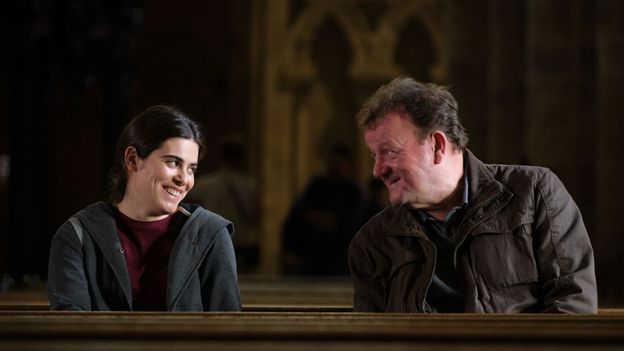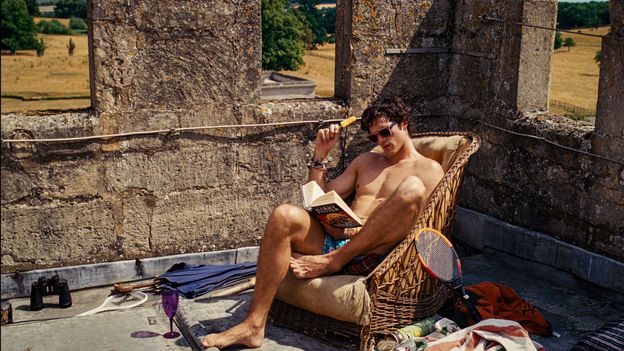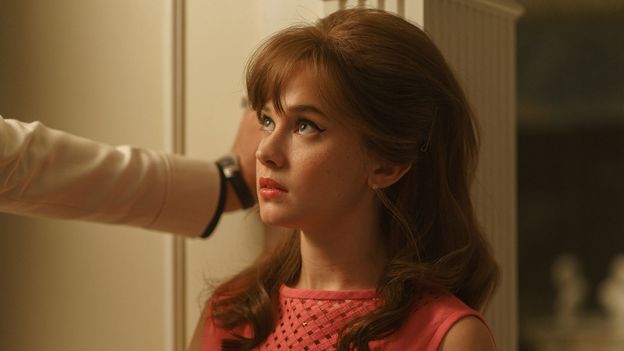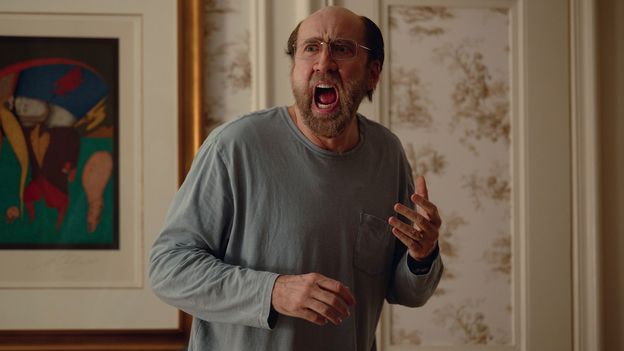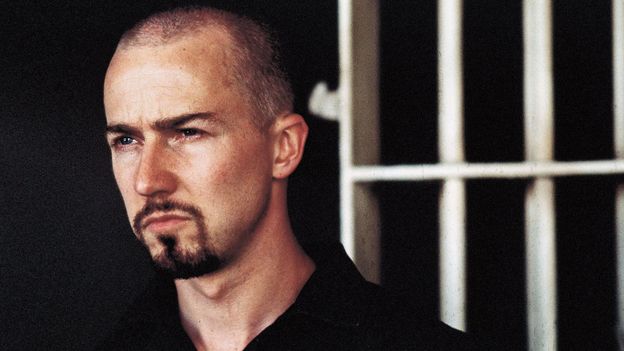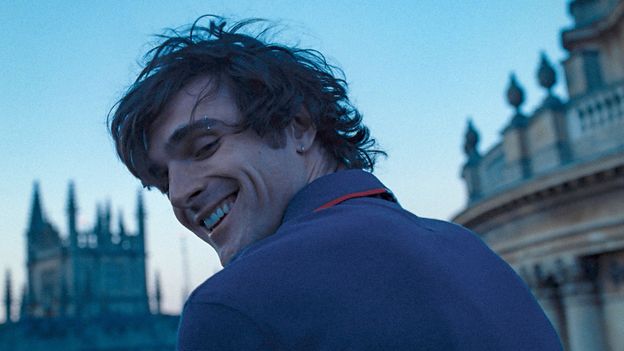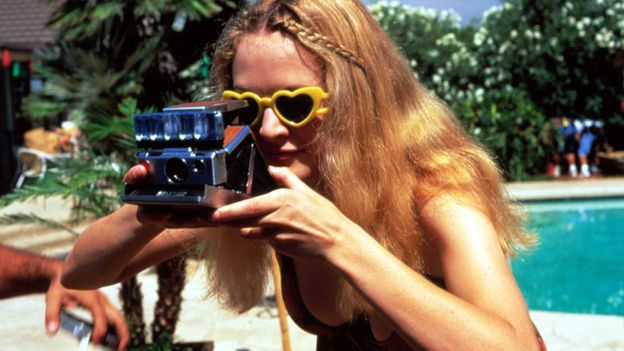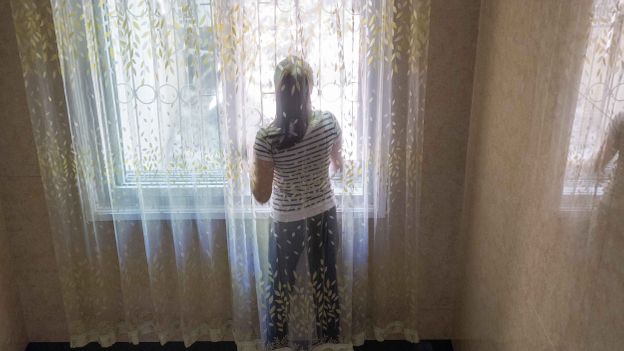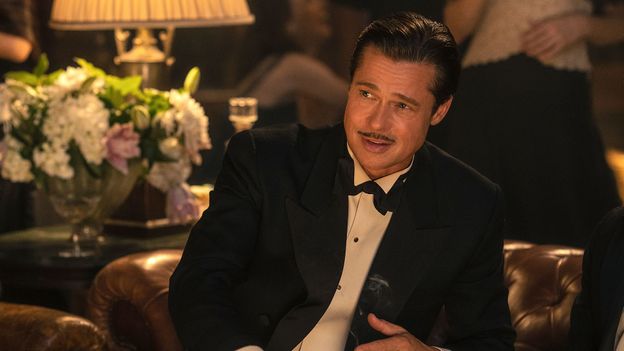Looking back at his own remarkable career, which has included two Cannes Palme d’Or awards and three Cannes Jury Prizes, Loach reflects on how he has resisted the lure of Hollywood. He says working with minimal means has been crucial to his autonomy.
“A key thing has been to ensure that we look for finance across the channel, not across the Atlantic. And to stay clear of the American industry, because in Europe they have a different attitude to cinema… Also, to keep the budgets modest and respect the trade union agreements. If everything that we spend is on the screen and you don’t get caught into the nonsense of filmmaking expenses, then you have freedom, really.”
Finding stories, not issues
Since their first feature together, Carla’s Song (1996), about a Glaswegian bus driver who falls for a Nicaraguan woman, Loach has worked regularly with Laverty. The Old Oak is their 14th collaboration. He attributes the longevity of his career to their partnership.
“I’ve been hugely lucky to work with Paul because I wouldn’t have been able to keep going otherwise,” says Loach.
“You have to be motivated by the same stories and the possibility of stories. But you don’t just find an issue. You have to find a story. And I suppose what fascinated us from the very beginning is how power operates in our lives. Who has the power? How can you try and challenge it? How can we try and build a world that is fairer?” asks Laverty.
Loach’s resistance of Hollywood has enabled him to continue his unorthodox filmmaking methods, which often include casting non-professional actors, and incorporating regional dialects. It’s an approach continued in The Old Oak – Turner, who stars as TJ, was previously a firefighter, while Mari plays Yara in her first on-screen role. Loach says the actors’ dedication was absolute.
“When [Turner] grieves, he [really] grieves, and his susceptibility to not having hope is very real. He’s a man who’s lived as a firefighter and as a trade union organiser,” says Loach. “He knows those communities… there’s a lot of experience in the man. And he shares it, it’s on the screen.”
Rather than favouring stars and big budgets, Loach says a key focus has been to simply portray working-class lives authentically.
“People depict the working-class as victims or the working-class as crooks or comedy characters. We never see the strength that they have if they stick together… That’s where the hope can come from.”
With The Old Oak, Loach wanted to counter antipathy towards asylum seekers. “It was a question of: can we really find hope?” he says. “Our feeling was that solidarity is in fact a default position… You see people in trouble, then instinctively people will go and help them. And I think that’s the building block that we’ve got to work with and say, ‘right, we also have strength’.
“I think hope is political. Because if you have hope and it’s not wishful thinking, you have hope that there is a way forward, there’s a path, then you have the confidence to pursue it.”
The Old Oak is in UK cinemas now.
If you liked this story, sign up for the weekly bbc.com features newsletter, called The Essential List. A handpicked selection of stories from BBC Future, Culture, Worklife and Travel, delivered to your inbox every Friday.
If you would like to comment on this story or anything else you have seen on BBC Culture, head over to our Facebook page or message us on Twitter.

